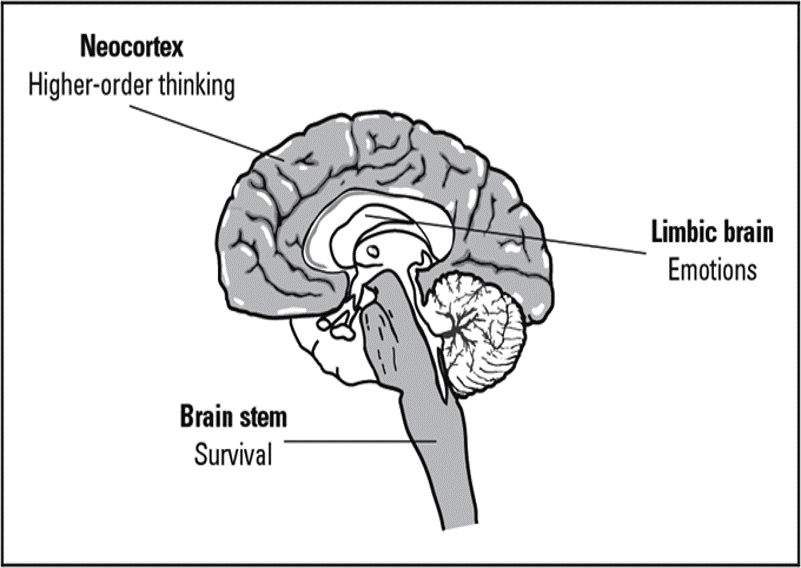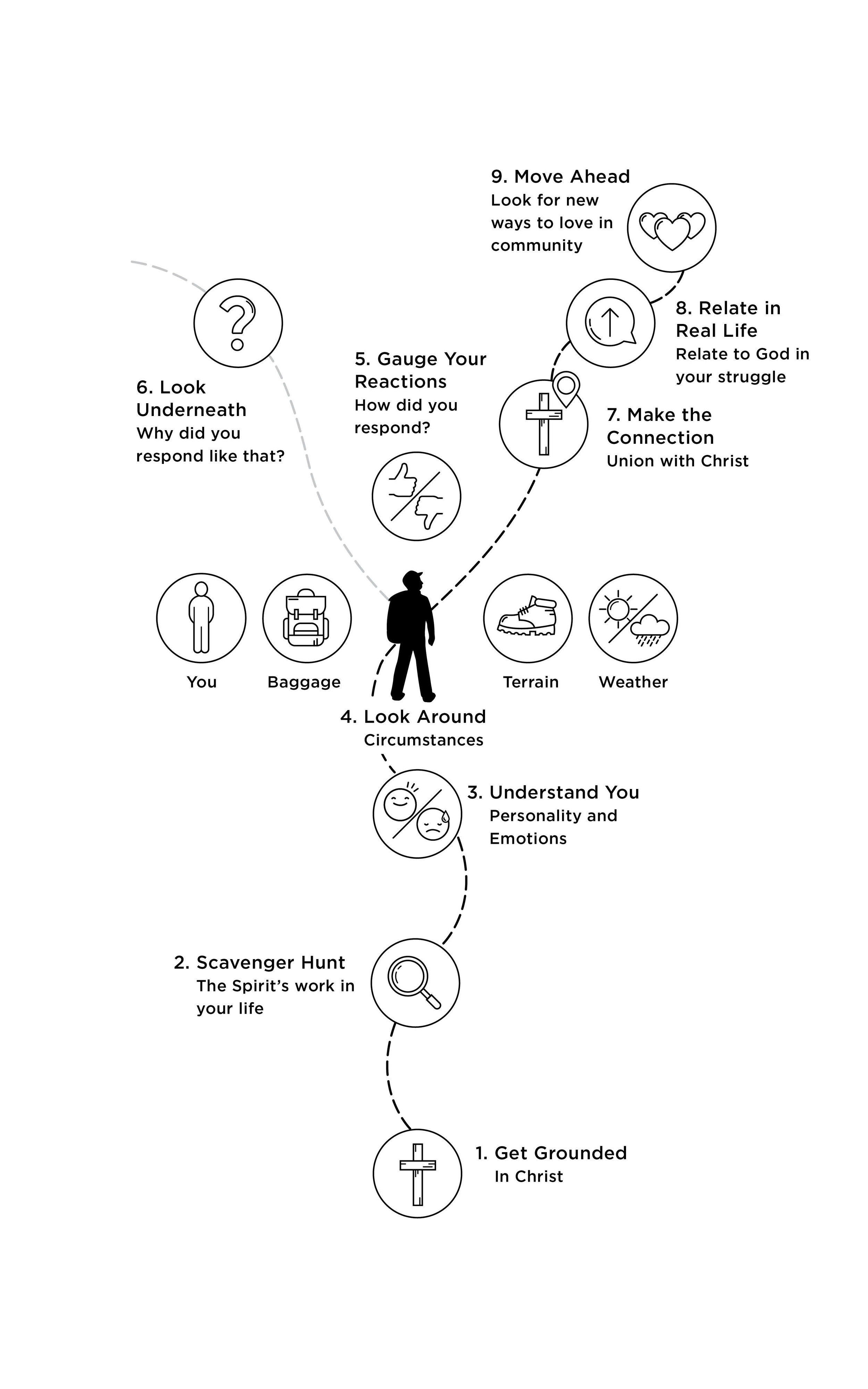Emotions and Growth in Grace
/Step 3, Part 2: Understanding and Managing Emotions
What is the role of emotions in the Christian life? What are you to make of your emotional world? Is the Christian life a life of emotions or should we avoid them? Before we answer these very important questions, we must start with a more basic question; "What are Emotions?"
In his groundbreaking book, Emotional Intelligence: Why it Can Matter More than IQ (1995), Daniel Goleman defines emotions this way:
All emotions are, in essence, impulses to act, the instant plans for handling life that evolution has instilled in us. The very root of the word emotion is motere, the Latin verb “to move,” plus the prefix “e-” to connote “move away,” suggesting that a tendency to act is implicit in every emotion (p.6)
A word about what I refer to under the rubric emotion, a term whose precise meaning psychologists and philosophers have quibbled over for more than a century. In its most literal sense, The Oxford English Dictionary defines emotion as “any agitation or disturbance of mind, feeling, passion: any vehement or excited mental state.” I take emotion to refer to a feeling and its distinctive thoughts, psychological and biological states, and range of propensities to act. There are hundreds of emotions, along with their blends, variations, mutations, and nuances. Indeed, there are many more subtleties of emotion than we have words for (p.289).
In other words, emotions are what propel us into action. They are a vital part of what it means to be human. Without emotion, we would cease to act. While Goleman says that the nuances of emotions are endless, there are a variety of "families" of emotions that we are able to identify. Here are 10:
1. Anger: fury, outrage, resentment, wrath, exasperation, indignation, vexation, acrimony, animosity, annoyance, irritability, hostility, and, perhaps at the extreme, pathological hatred and violence.
2. Sadness: grief, sorrow, cheerlessness, gloom, melancholy, self-pity, loneliness, dejection, despair, and, when pathological, severe depression.
3. Fear: anxiety, apprehension, nervousness, concern, consternation, misgiving, wariness, qualm, edginess, dread, fright, terror (phobia and panic).
4. Enjoyment: happiness, joy, relief, contentment, bliss, delight, amusement, pride, sensual pleasure, thrill, rapture, gratification, satisfaction, euphoria, whimsy, ecstasy (mania).
5. Love: acceptance, friendliness, trust, kindness, affinity, devotion, adoration, infatuation, agape.
6. Surprise: shock, astonishment, amazement, wonder.
7. Disgust: contempt, disdain, scorn, abhorrence, aversion, distaste, revulsion.
8. Shame: guilt, embarrassment, chagrin, remorse, humiliation, regret, mortification, and contrition.
9. Inadequacy: helpless, inferior, powerless, incompetent, useless, inept, mediocre.
10. Confusion: distracted, rattled, baffled, bewildered, mystified, flustered, perplexed, jarred, puzzled, jolted.
According to research, you have to be able to identify and name emotions when you experience them. As you do this, you are more able to manage your emotions and empathize with others.
Emotions and Your Brain
Emotions are formed in the limbic region of the brain. This is the mid-region. Decision-making happens in the neocortex. The goal is to regulate one’s emotions so that the limbic region can work in tandem with the neocortex. When this happens, one is exercising what is often referred to as “wise mind.”
The challenge for anyone is the fact that you are feeling before you are thinking. Because of that, we are very susceptible to an “emotional high-jacking.” If you don’t know what that is, just take a moment to remember the last time you did or said something and later asked, “Why did I do that?” The goal, therefore, is to slow down and become more mindful of your emotions so that you can manage them well.
Scripture is a book that is very much at home with emotions. The Psalms are the most obvious place to look for them. You will see most if not all of the 10 listed above. All of them can be expressed in helpful and wise ways or unhelpful and unwise ways. They can be expressed in such a way that builds others up or tears someone down. The challenge is managing them wisely. Notice how the Psalmist expresses a negative emotion like sadness and loneliness in Psalm 88:18,
You have taken from me friend and neighbor—-darkness is my closest friend.
Immediately after that Psalm ends, Psalm 89:1 begins with a positive emotion of joy,
I will sing of the Lord’s great love forever; with my mouth I will make your faithfulness known through all generations.
What a profound shift from negative to positive and both are expressed in wise, helpful and godly ways. The Christian life is not a life of rational stoicism nor is it one where we are simply led by our emotions. God has made us with a brain that does both. And we see this in our very human Savior, Jesus. He was acquainted with deep anguish and grief throughout his short life. He was also one to celebrate and enjoy a party as is seen at the wedding in Cana (John 2).
How are you doing with identifying emotions in your life? Perhaps you could be more mindful of them as you go throughout your day. As you do, take moments to record your emotions and identify them as carefully as possible. This is a very important aspect of growing in wisdom and grace.
For more on the role of emotions in the Christian life, purchase the 5 session video workshop as an online course by following this link: ONLINE COURSES







